Course Highlights
Software Testing Training in Vadodara

Benefits of Choosing Bright Computer Education:
- Renowned Testing Experts: Learn from seasoned software testing professionals with extensive experience in various testing methodologies and industry best practices.
- Real-World Oriented Curriculum: Gain practical skills through interactive exercises, real-world case studies, and hands-on projects focused on testing industry-standard software applications.
- Enhanced Career Prospects: Master in-demand software testing skills and become a valuable asset in the ever-growing software development industry.
- Career Support Services: Benefit from resume workshops, interview preparation guidance, and job placement assistance for software testing positions.
- Flexible Learning Options: Choose from in-person, online, or blended learning formats to fit your schedule and learning style.

